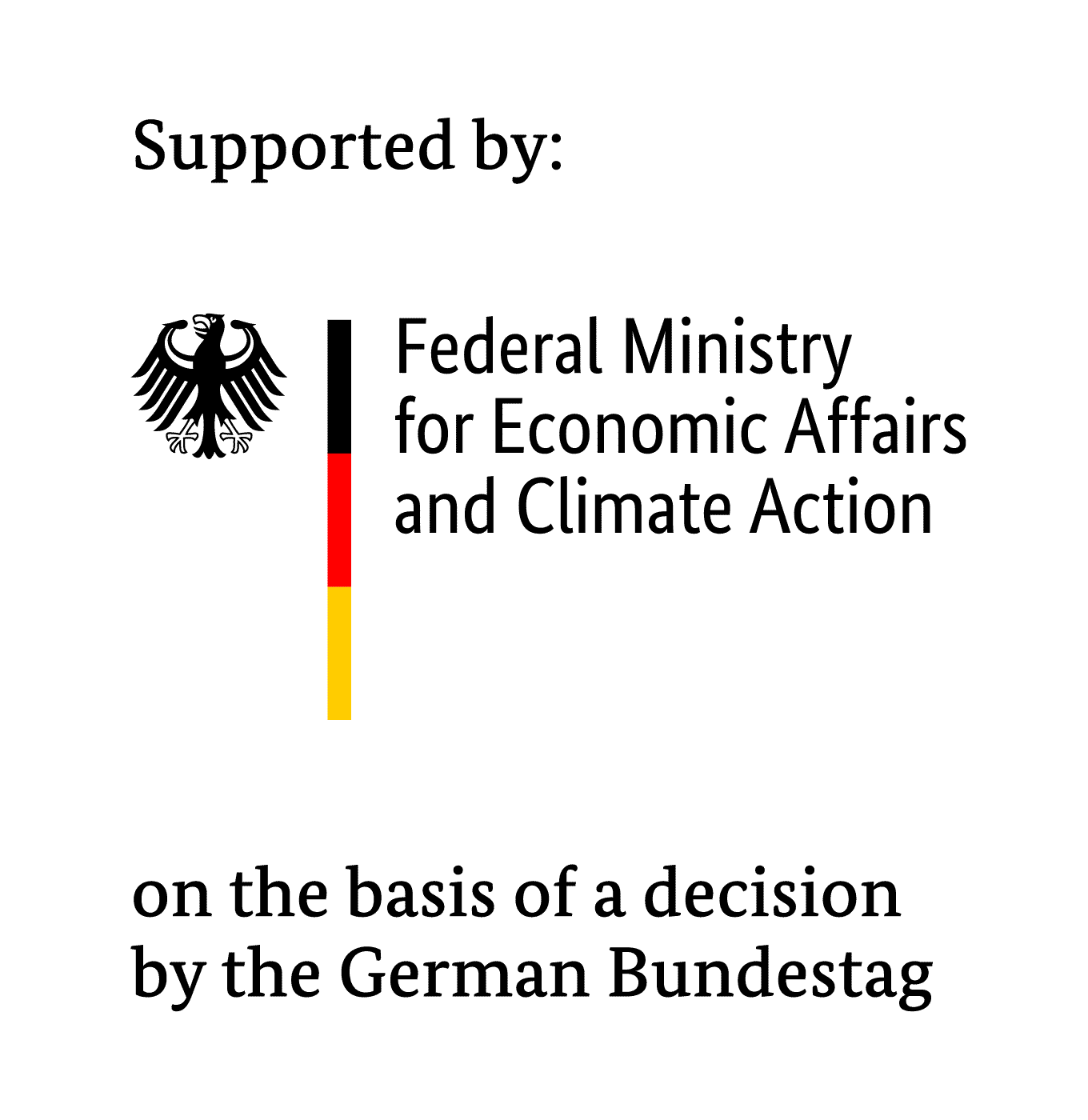Projectname:
Development of a laser optics and a process management as well as a process monitoring for the reliable and quality-conform laser joining of flexible polymer composites
Workgroup: Filling and packaging processes
Scientific Partners and Guidance:
IGF: 18536 BG
Financing: BMWi
Duration: 2016 – 2018
A constant challenge in the production of consumer goods is the individualization of the products. This often happens by means of the packaging and its functionality. In addition, there is the trend towards even smaller batch sizes, the shortening of delivery times and the internationalization of the markets. Frequently, format changes make it difficult to introduce new products to the market quickly and cost-efficient; cause logistic and personnel costs and considerable downtimes. For efficient processes, solutions for the contour-flexible joining (and cutting) of composite films are lacking in particular. Laser technology has established itself as a tool with high format flexibility especially in the metal processing and the automotive industry and has led to a considerable increase in quality and productivity. Except for laser-based marking technology, the price-sensitive production of consumer goods could not yet benefit from the potential of a laser tool.
Current studies of the participating research institutes have shown that joining strengths similar to the established methods of heat conductive or ultrasonic sealing can be achieved by means of diode lasers. The project now aims to clarify, which temperature fields are generated with different process parameters and which seam quality results from this. In the case of a point-shaped beam, the laser heats the joining zone only for a fraction of a second. Therefore it is necessary to determine which melt holding time (and cooling time) is required for the formation of sufficiently high seam strengths. The findings obtained using the existing laser optics are used for the development of an adapted optics as well as the optimization of the process control. Process monitoring will be designed to meet the high requirements for product quality and process safety.
Substantial parts of the project are as follows:
Project results and identified development requirements are incorporated into a guide that helps to better assess the potential and limitations as well as the cost-benefit ratio of laser joining applications in the development of future plants, products and processes.
The knowledge of the relationship between process parameter and temperature distribution in the joining zone is essential for obtaining homogeneous and sufficiently strong seams as well as a high process stability. Thus, the project makes a significant contribution to the acceptance and establishment of a laser tool for joining of flexible plastics. The technology is also suitable to soften the limitation to a two-dimensional seam geometry.

The IGF project presented here by the Research Association of the Industrial Association for Food Technology and Packaging (IVLV e.V.) is funded by the Federal Ministry for Economic Affairs and Climate Action as part of the program for the promotion of industrial community research (IGF) based on a decision of the German Bundestag.